Description
Natural Language Processing (NLP) has emerged as a transformative technology in bioinformatics, driving significant advancements in healthcare applications. By automating the extraction and analysis of unstructured textual data, such as scientific literature, clinical records, and genomic databases, NLP has enhanced the efficiency and accuracy of biomedical research and patient care. In healthcare, NLP applications are enabling the extraction of valuable insights from clinical notes, improving electronic health records (EHR) management, and assisting in disease diagnosis by analyzing patient histories and symptoms. Additionally, in bioinformatics, NLP is crucial for interpreting genetic data, particularly in variant interpretation, where it facilitates the identification of genetic mutations and their association with diseases. This automation accelerates research in genomics, drug discovery, and personalized medicine by mining gene-disease associations, linking biomarkers to treatment outcomes, and improving genome annotation. Furthermore, NLP tools such as BioBERT and SciSpacy enhance the curation of biomedical literature, allowing researchers to stay up-to-date with the latest findings and discover new therapeutic targets. Despite challenges like data complexity and language ambiguity, NLP continues to revolutionize bioinformatics and healthcare by enabling real-time decision-making, improving patient outcomes, and advancing our understanding of the genetic and molecular basis of diseases. As NLP technologies evolve, their integration into healthcare systems promises to deliver more precise diagnostics, personalized treatments, and a more informed approach to patient care.
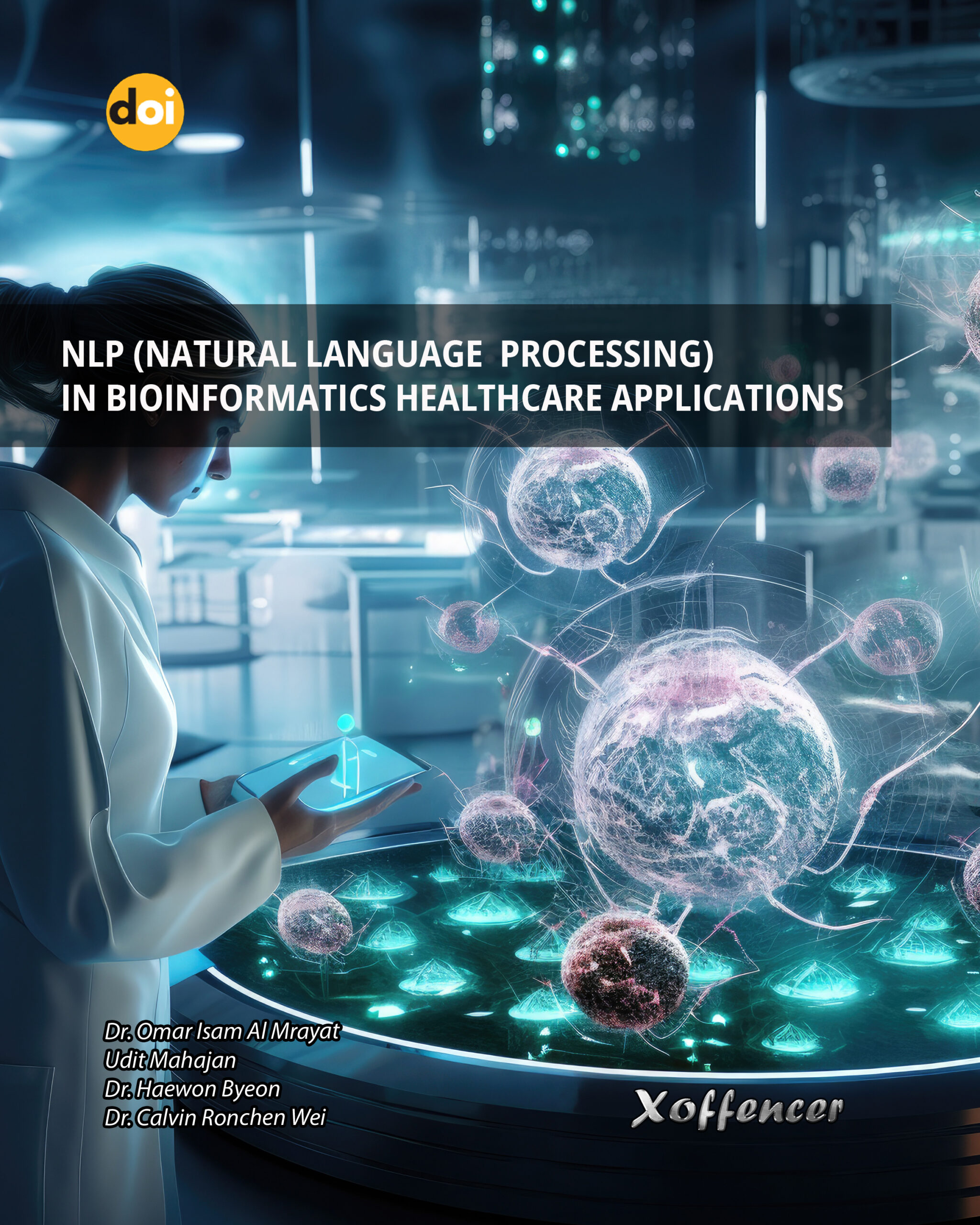

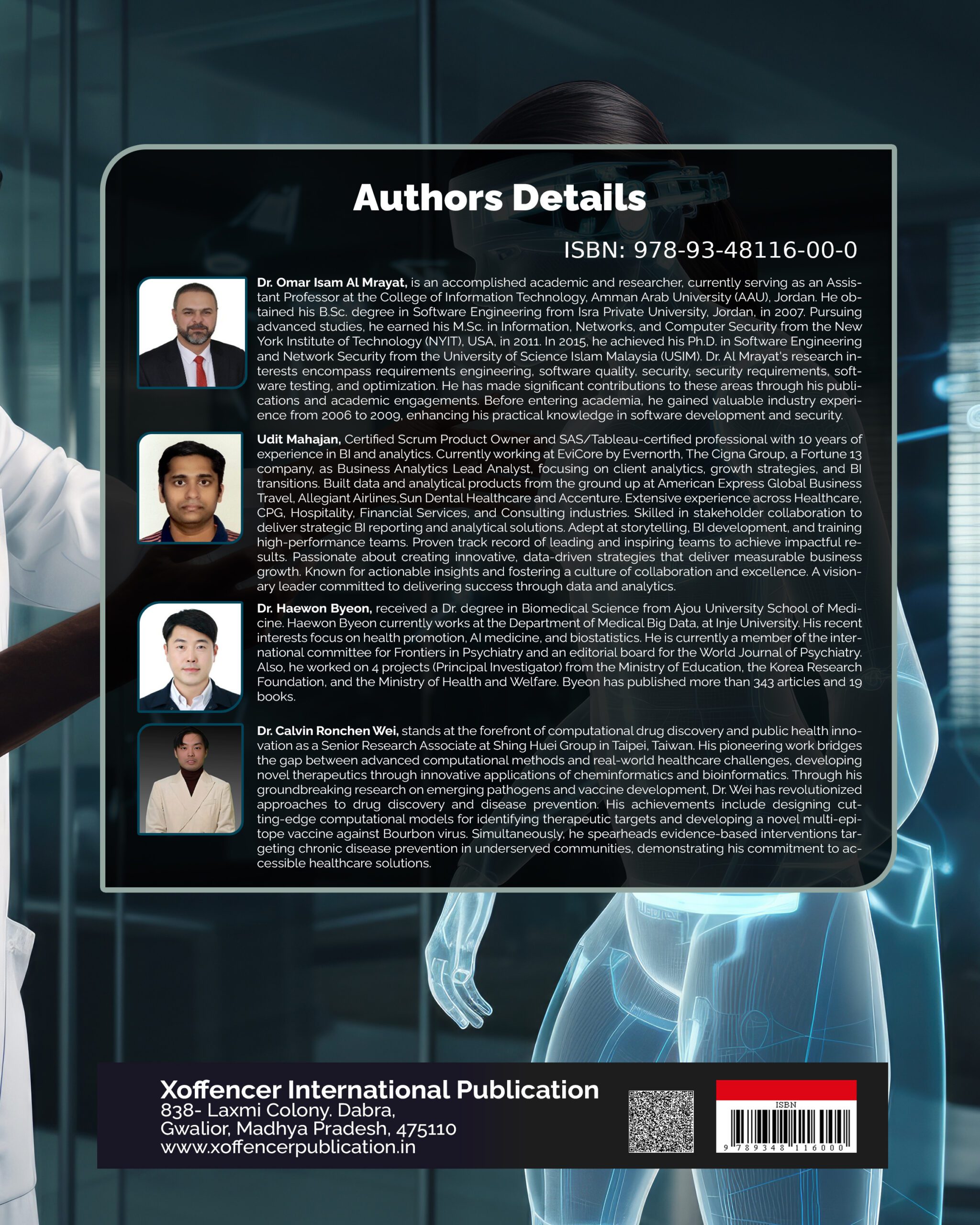
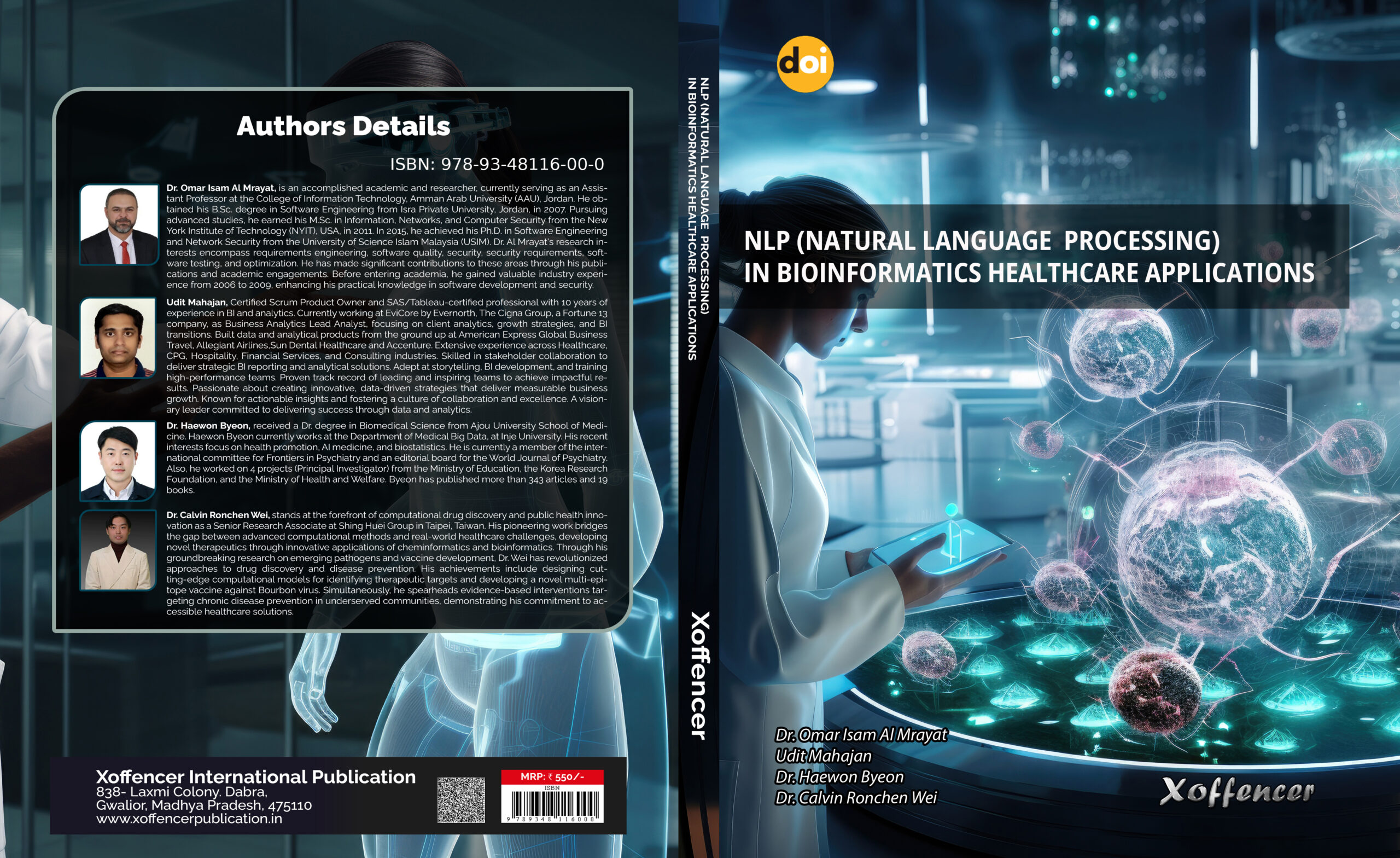





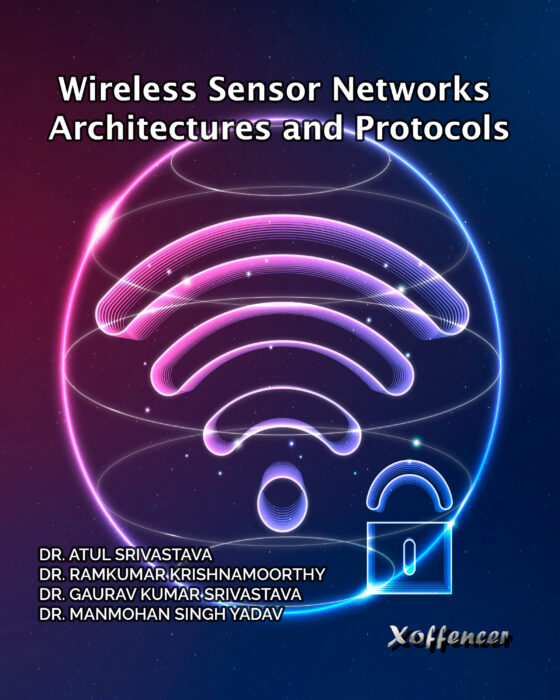

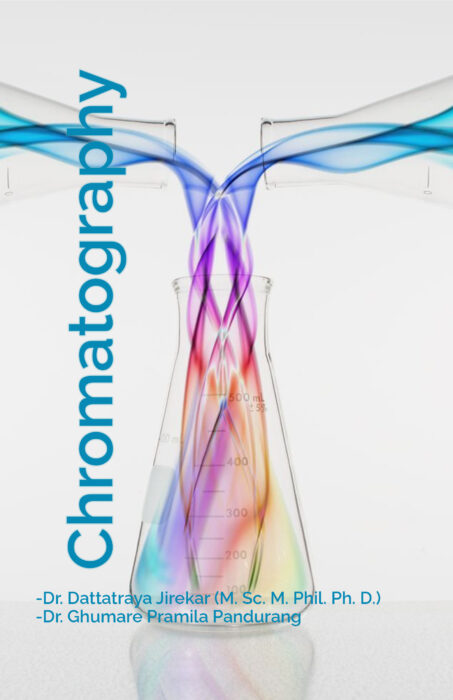

Reviews
There are no reviews yet.